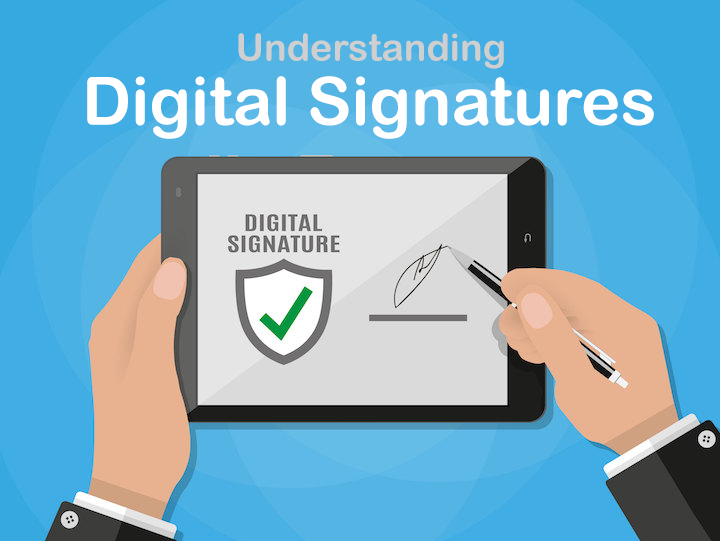A recent decision in a bankruptcy court in Nebraska indicates an issue that could rear its ugly head in other courts in other places. A good discussion of the problem appears in the Nebraska Debt & Bankruptcy Blog:
A bankruptcy judge for the Eastern District of California sanctioned attorney Pauldeep Bains for filing a bankruptcy petition signed with digital signatures. (See In re Mayfield, Case #16-22134). The attorney sent completed bankruptcy documents to the debtor to sign via a digital signature service called DocuSign. Bankruptcy judge Robert Bardwil imposed sanctions for violations of bankruptcy rule 9004-1(c)(1)C) & (D).
Source: Bankruptcy Attorney Sanctioned for Using DocuSign | Nebraska Debt and Bankruptcy Blog
As the author, Samuel J. Turco, Jr., points out, we (well, most of you) have grown up in the practice of law quite digitally and the idea of E-Signing is almost second-nature. What is the status in Texas? It appears that E-Signing is fully permitted, if agreed to.
For pleadings, it’s almost universally required by the use of State E-Filing rules that as of this date apply to almost all pleadings in Texas state courts.
In commercial transactions, if a party agrees to do so, the Uniform Electronic Transactions Act (adopted in Texas effective in 2009) covers most types of documents and transactions with some exceptions such as Wills and Trusts. Even notarization and acknowledgements can be made by E-Signature (Sec. 322.011). And Sec. 322.013 provides that evidence of a record or signature cannot be excluded solely on the basis that it is in electronic form. Also see Texas Notary Public Act. And see the Federal Electronic Signatures in Global and National Commerce Act on the Cornell Law School Legal Information Institute site.
What about HIPPA rules and preservation of other confidential concerns such as communications subject to the attorney-client privilege? There are many articles out there that deal with these needs and maybe some discussion here — at a later date.
Thus, in the context of mediation, electronic signatures may be used to finalize a Mediated Settlement Agreement if the statutory requirements are met. Ethical concerns abound here.





